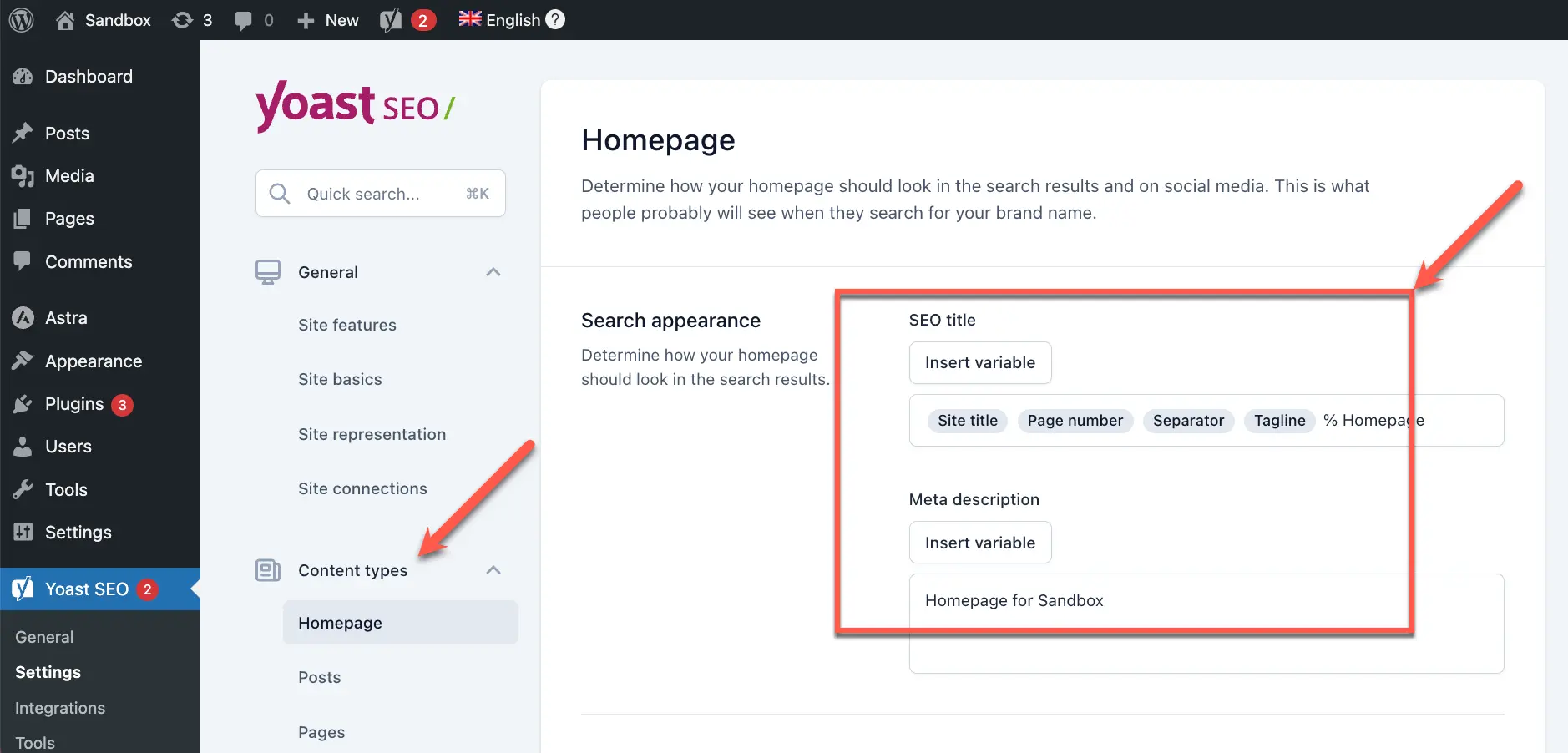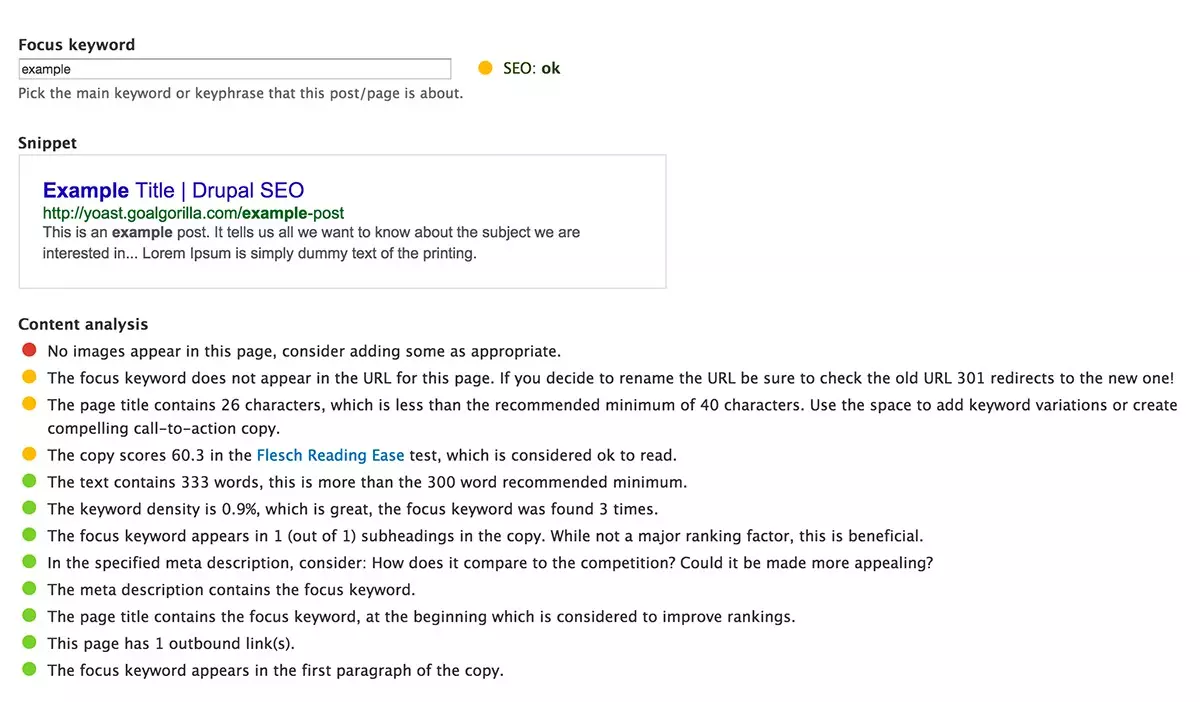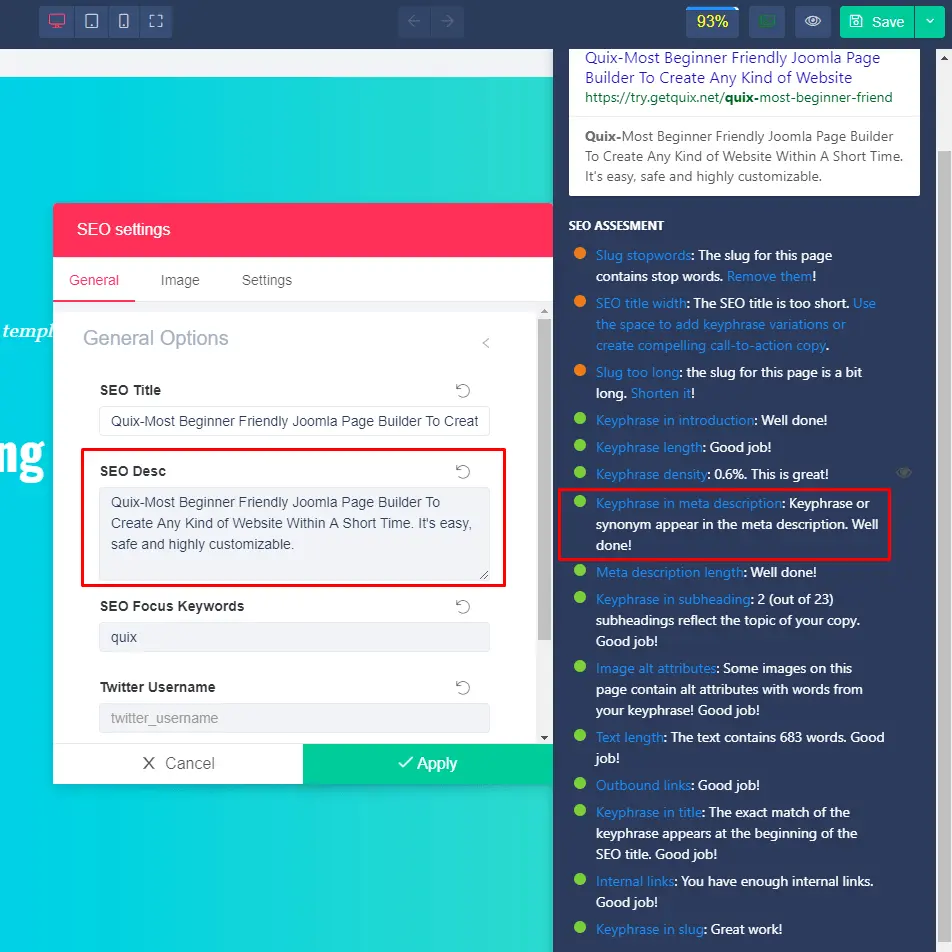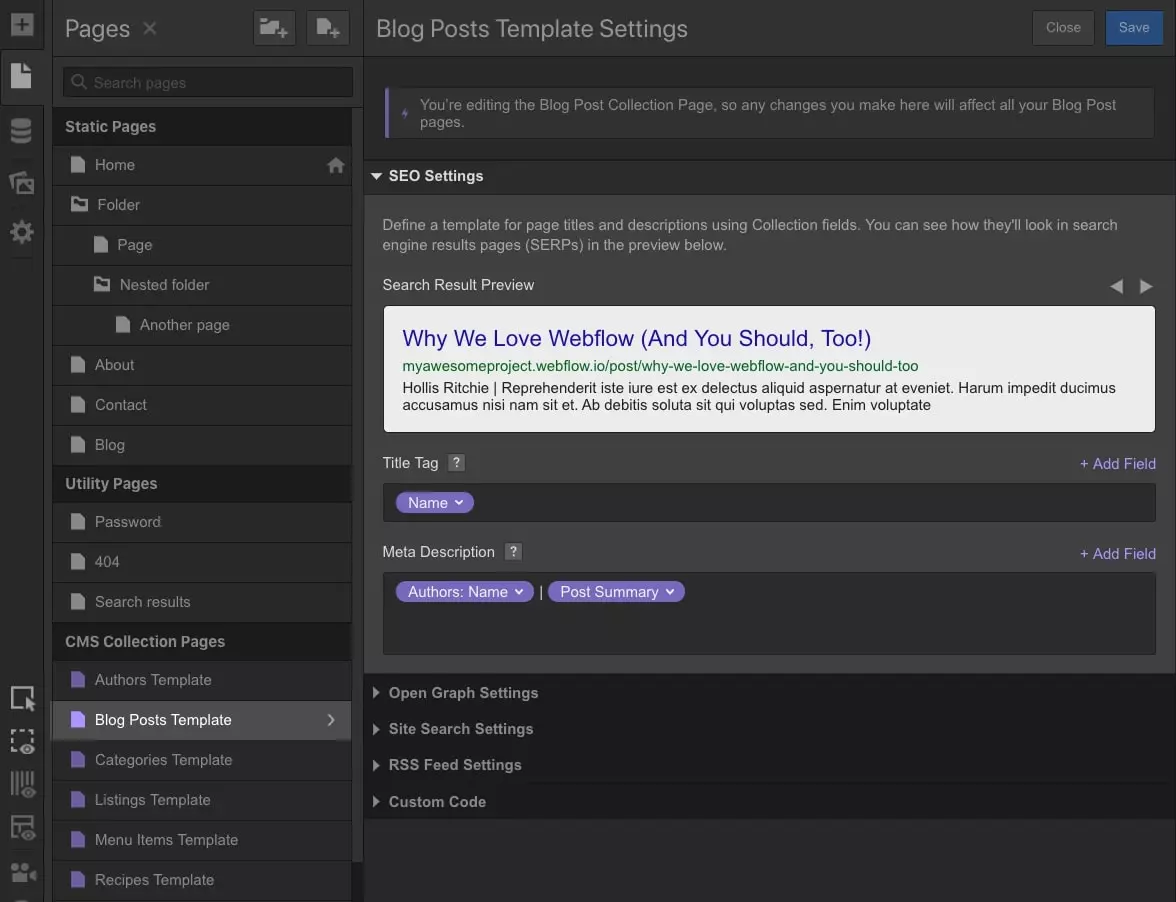As an SEO professional, you may often wonder which Content Management System (CMS) is most beneficial for your website’s SEO. For foreign companies aiming to establish a strong online presence in the South Korean market, choosing the right Content Management System (CMS) is crucial.
This guide will help you understand the importance of choosing the right CMS for SEO success in South Korea and identify which systems are particularly advantageous in this unique digital landscape.
CMS: The Core of Website Success
A CMS is the foundation of your website’s success in the Korean market. It’s a crucial tool that assists in creating, managing, and modifying content.
Beyond managing content, it supports SEO optimization, enhances user experience, and improves website performance – all critical factors for standing out in Korea’s competitive online space.
Advantages of an SEO-Friendly CMS
In the Korean market, an SEO-friendly CMS offers several benefits:
- Facilitates easier crawling and indexing by both Korean and global search engines
- Enhances visibility in search results through metadata optimization for Korean keywords
- Provides mobile-friendly responsive design, crucial in Korea’s mobile-first market
- Improves page loading speed, essential for Korean users’ high expectations
- Allows easy setup of SEO-optimized URL structures
Now, let’s examine some of the leading CMS options that excel in SEO.
WordPress: The Most Popular CMS

WordPress is widely used in Korea and offers excellent localization options. Its user-friendly interface and abundance of SEO-optimized plugins make it perfect for businesses entering the Korean market, especially those focused on content marketing.
- Pros:
- Intuitive and easy to use
- Easy integration with Korean payment gateways
- Extensive range of SEO plugins
- High scalability with themes and plugins
- Large community support
- Cons:
- Can be slow if not optimized properly
- Requires attention to security
- Advanced features often rely on plugins
Drupal: A Powerful Choice for Complex Websites

Drupal excels at building complex, large-scale websites in Korea. It’s ideal for organizations requiring high security and complex data structures, such as government agencies, universities, and international corporations establishing a significant presence in the Korean market.
Its high customizability makes it useful for projects with specific requirements or those managing large volumes of content.
- Pros:
- Excellent security, crucial in Korea’s privacy-conscious environment
- Built-in SEO features
- High scalability and flexibility for managing multilingual content (Korean and English)
- Cons:
- Steep learning curve
- May require expert assistance
- Fewer plugin options compared to WordPress
Joomla: A Mid-Level Complexity CMS

Joomla offers a middle ground between WordPress and Drupal in terms of complexity. It’s suitable for small to medium-sized business websites, online magazines, and government sites. It’s particularly suitable for companies requiring robust multilingual support for Korean and English content.
- Pros:
- Good balance of user-friendliness and performance
- Built-in SEO features
- Excellent multilingual support, crucial for businesses maintaining both Korean and English sites
- Cons:
- Smaller community compared to WordPress
- Limited range of extensions.
- Slightly complex for beginners
Webflow: Harmony of Design and SEO

Webflow is a design-centric CMS perfect for designers and creative businesses looking to build visually appealing websites. It’s useful for projects where visual impact is paramount, like portfolio sites, branding agencies, and startup landing pages. It’s particularly useful for creating visually appealing, fast-loading websites that cater to Korea’s design-savvy consumers.
It allows building professional-looking websites without coding knowledge, making it suitable for marketing teams and small business owners.
- Pros:
- Advanced web design without coding
- Fast and optimized page loading
- Intuitive and easy-to-use SEO settings
- Automatic responsive design generation
- Cons:
- Initial learning curve
- Some advanced features can be costly
- Less diverse plugins compared to WordPress
How to Choose the Right CMS for SEO?
While there’s no perfect CMS, there’s certainly one that’s best suited for your needs. If you’re new to SEO, WordPress could be an excellent choice. Its popularity means a wide variety of plugins and themes, making technical SEO more manageable.
On the other hand, if your company has in-house developers or designers, Webflow might be a better fit. It offers a design-centric approach with fast site speeds and lower maintenance resources. Its excellent speed and high design flexibility allow for creating high-quality websites with manageable technical SEO.
Ultimately, the most important factor is to choose a CMS that aligns with your business goals and technical capabilities. It should also cater to the unique aspects of the Korean digital landscape. This includes considerations like mobile optimization, fast loading speeds, and support for Korean language and local services. Selecting and effectively utilizing an SEO-friendly CMS can lead to improved search engine rankings, increased traffic, and business growth.
If you’re finding it challenging to create a website tailored for the Korean market using an SEO-friendly CMS, consider enlisting the help of SEO specialists familiar with the Korean digital ecosystem.
At Growth Marketing Agency, we specialize in helping foreign businesses optimize their online presence for success in Korea.


